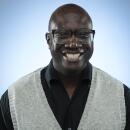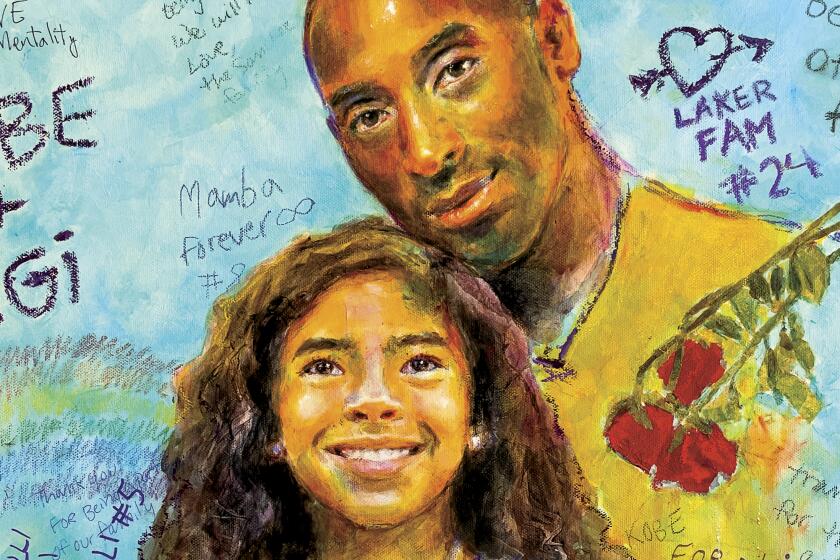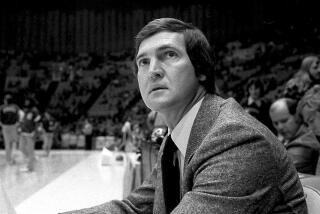Remembering Kobe: Former Lakers teammates on his greatness
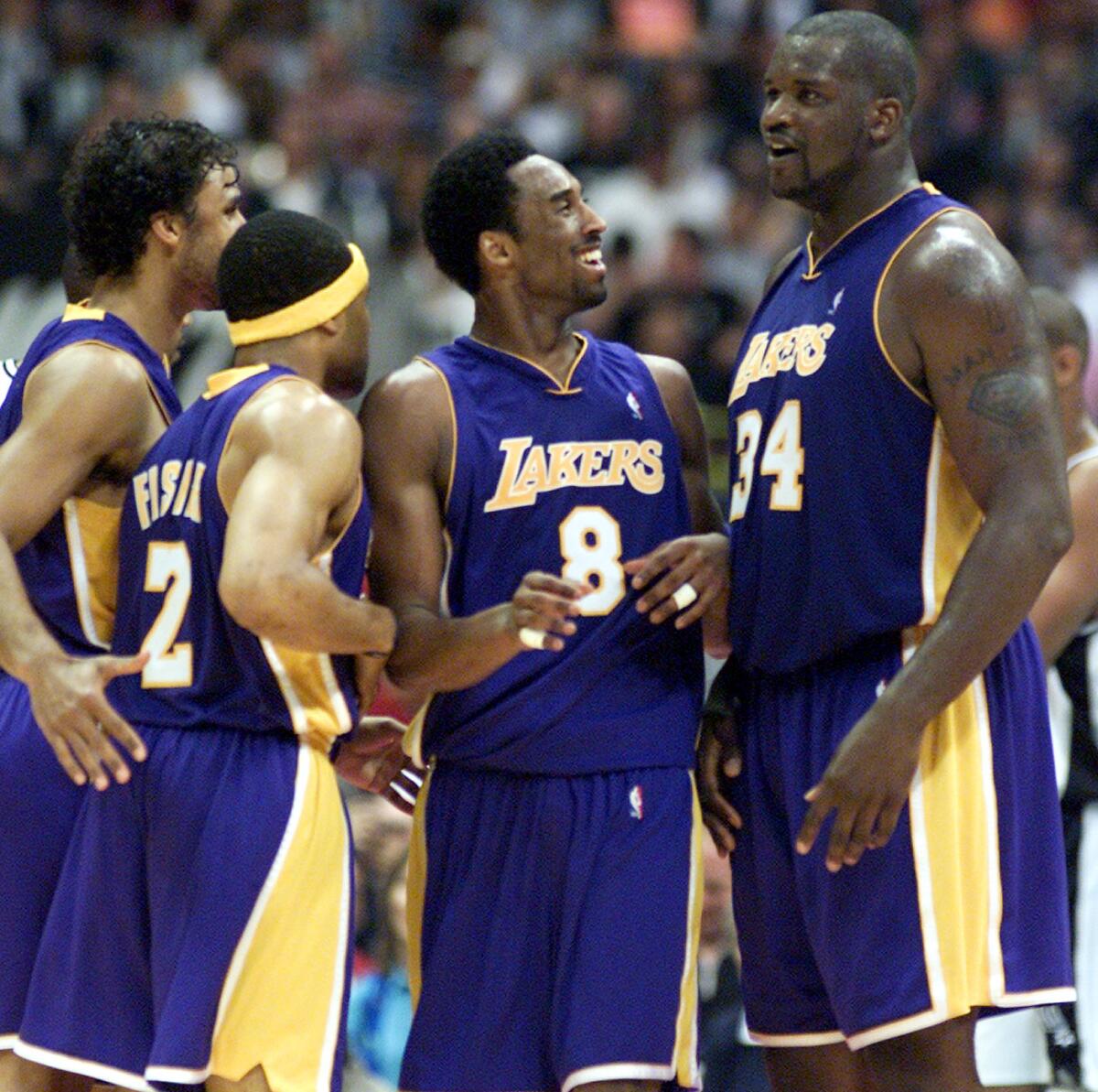
Four former Lakers teammates — Robert Horry, Rick Fox, Brian Shaw and Devean George — shared their thoughts about playing with Kobe Bryant.
ROBERT HORRY
Lakers: 1996-2003
He played seven seasons with Bryant, three of those ending with the Lakers winning the NBA championship.
Horry, his wife Candice and son Christian last saw Bryant at the Mamba Sports Academy in Thousand Oaks two weeks before the tragic accident took the life of Bryant, his 13-year-old daughter and seven others in a helicopter crash.
“Early in his career, he didn’t shoot threes like he did towards the end of his career. And that’s a credit to me, Rick, BShaw, [Derek] Fisher and Kurt Rambis. We used to play Knock Out every day and he used to see how much fun and laughter we were having. He’d get to practice early and he was always doing his stuff working out — stuff in the post, pull-up jumpers. ... It was the occasional three. That’s what made him great compared to all these other guys. He had a mid-range game, he had a drive game and he had a three game.
“So, we would play this game every day. He would come and play with us and would always get knocked out early. He was the first one to get knocked out all the time. So, he would come to practice early and he would put up maybe 1,000 threes, just shooting threes, shooting threes, shooting threes because he was determined to beat us in this game. So, some days he would come up and say, ‘Let’s play the game.’ We’d be like, ‘Naw, we don’t want to play,’ just to [mess] with him so he couldn’t win. He was just trying beat us in Knock Out and he couldn’t do it because that was our forte. That wasn’t his forte at the time, so it was one of those fun things that you know how competitive he was. But we’d play in practice and he’d get knocked out early and he would get to practice early to work on his threes.
“And that’s the funny thing about it is he was always at practice early getting extra work in. That’s the one thing you always respected about him. Even on those days where he was hurt and couldn’t practice at full speed, he would at least get there early and practice and work on some parts of his game. I’ve played with a lot of superstars and it’s only been like two or three that worked on the things they were weak at, and that’s what separates him from so many so-called greats. He was so caught up on mastering everything that he wasn’t just going to work on one thing. He was going to work on multiple things and try to get better at every facet of the game. I think he’s one of the top three players of all time.”
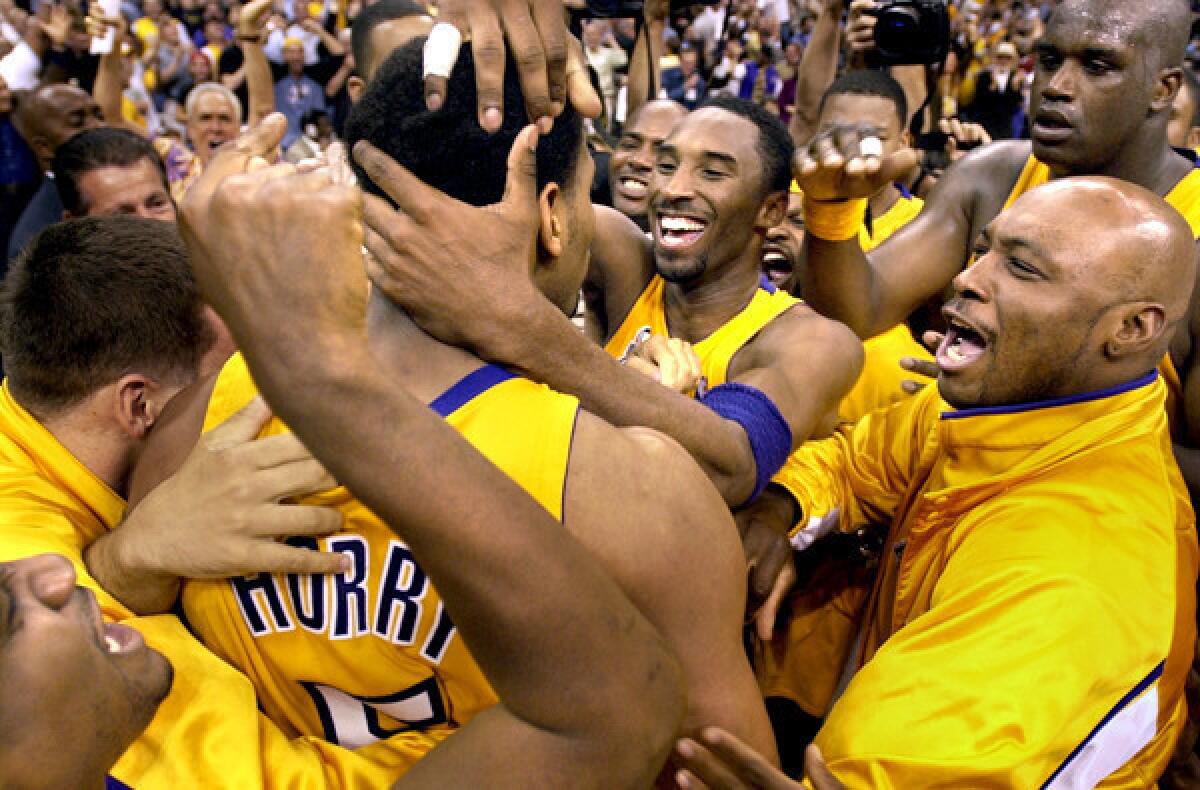
::
RICK FOX
Lakers: 1997-2004
He won three NBA titles with Bryant, Shaquille O’Neal and the Lakers, and that bond they had just got stronger in retirement.
“Kobe is prominent in my house. I wake and go to bed every night looking at him and Shaq and I. That’s right under my TV. But there’s been times I find myself in tears just because I get that much closer to acceptance. That’s where the healing on the other side of all of this comes. But I fought for a long time wanting to accept the fact, because I know the man. The thought of it being real is just so hard, a hard thing to accept. I had a moment in Cody, Wyoming, thanks to a friend that I went and visited out there, I got some quiet time. This was the first time I left L.A. all year after I went to the All-Star game [in February]. I didn’t leave L.A. until September and that was to go out to Cody. When I got out there, it was quiet. I went about 9,000 feet up in the air and was sitting up there and just quiet, elevated and I think it was the first time in the whole year I was able to accept the idea of things being so real. I needed that because I felt like I began to say goodbye. That allowed me to at least engage with fans again around the celebration of his life. It allowed me to see things on social media and actually smile and celebrate, laugh. I had a moment where I saw something where he was talking about 8 versus 24 and said 8 had hair and 24 didn’t, and that made me laugh.
“I got to really appreciate the humor that Kobe had. I remember how funny he could be, because he was so intense, he was so serious as a young man. The years I played with him was the first half of his career was the willful, driven, determined, focused to break barriers. Yeah, we won three championships, but he was chasing. I played with the Kobe that was in the chase mode. And the second phase, people were chasing him. Watching him being in acceptance of his limitations later on in his career. But also getting to remember how funny he was and then to appreciate some of the special moments we were able to share, even in his retirement, cause he would reach out to me and include me in some of his events and I’m grateful for that. I really have additional memories. I have memories playing with him, I have memories rooting for him as a fan of the Lakers and of Kobe. I have memories of getting to know him as a father and a man in retirement. Man, that was the part I was really enjoying, because there were so many layers to him that was being revealed. And it was helping, I think, a lot of people really appreciate him more and more for not only what he accomplished on the floor, but what it took to create such excellence in his life.”
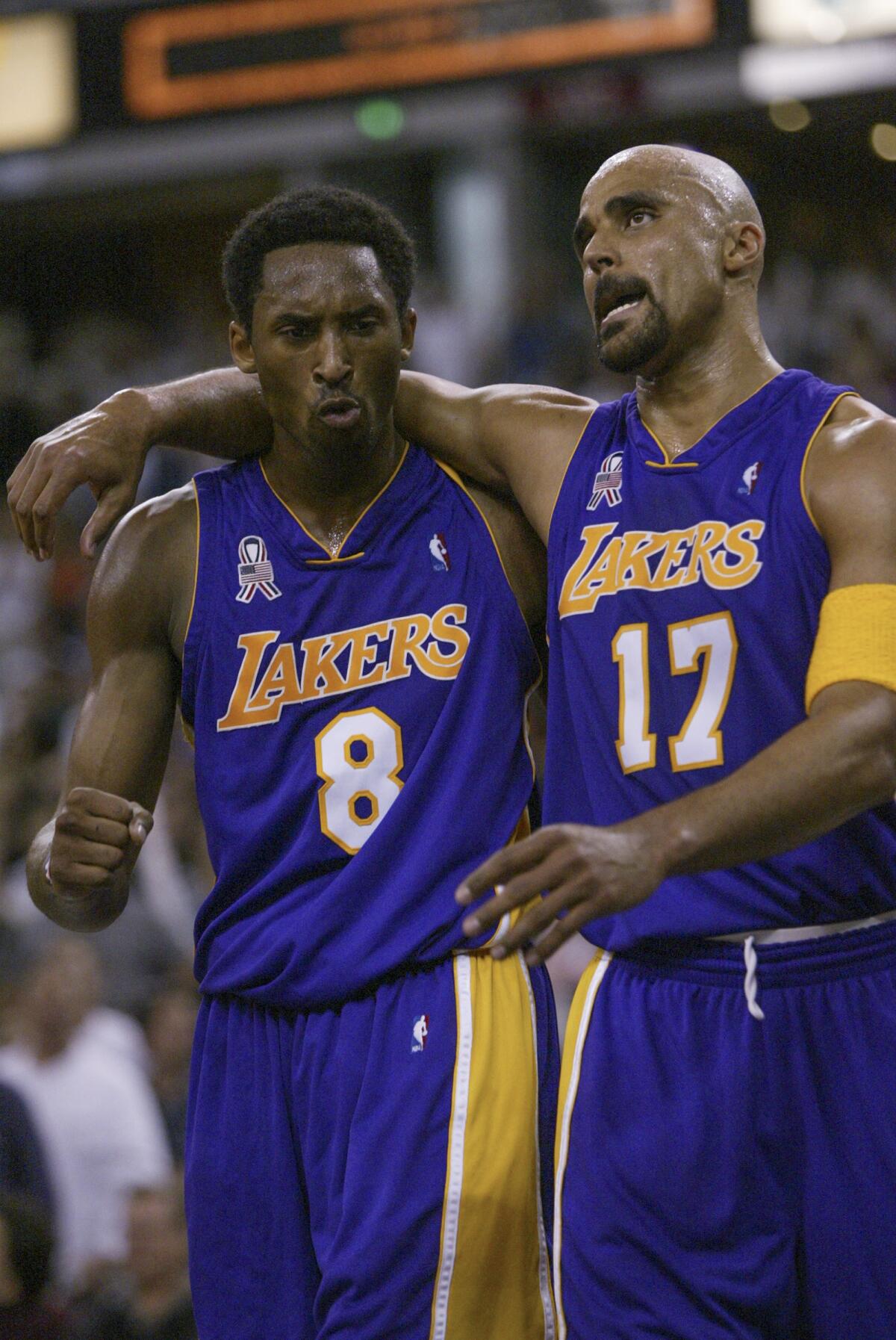
::
BRIAN SHAW
Lakers: 1999-2003
He won three championships with Bryant as teammates and two more as an assistant coach under Phil Jackson.
Shaw is coach of the G League’s Ignite team, a one-year development program of young, elite prospects, and his relationship with Bryant has helped Shaw break through to the young players because of how much they all admired the Lakers legend.
“I have in my garage in Oakland one of those life-sized cardboard cutouts of him, so I see that every day when I pull the car into the garage. It’s like in front of a wall in my garage and it’s next to a cutout that I have of myself also from my playing days in Orlando. But I look at it a little differently. Instead of trying to kind of hide from it or run away from it, every time when I see it or think about something that has to do with him or somebody ask me something about him ... I’ve already kind of gone through the sad part and the crying and everything else, so I just smile and I just think about different stuff that we’ve done, accomplishments that we accomplished, just memories that we made while he was here. There’s really no way around it. It’s obvious that it’s sad and all of that, but instead of allowing it to just keep me down, I try to find the silver lining in it and think about the happy moments and the memories that we made while he was here.
Kobe Bryant, daughter Gianna and seven others perished in a helicopter crash on Jan. 26, 2020. Remembering the Lakers legend a year later.
“This team that I’m coaching now, I know that our young guys love his shoes. Most of them grew up idolizing him, so I can use my relationship with him to grab their attention. And if they are doing something, trying to shortcut something or cut corners, I’m like, ‘Kobe never cut corners. Kobe did this. He did this kind of footwork exercise before he even put a ball in his hand. That’s how dialed in on it he was.’ And I just use him for examples because I know that they look up to him. They know that I played with him and against him and coached him, so it helps me gain some traction with them by using some examples of how Kobe did things and how he approached the game. Not everybody can say that.
“I’ve pulled up video clips to show the guys Kobe early in his career where he basically, with the two numbers that he wore, were two different people. The No. 8 that I played with and the No. 24 that I coached. He was super-duper aggressive, especially as No. 8, which was kind of typical of most young guys. They do everything kind of 100 miles an hour. And then how as he got older, the No. 24 Kobe, the game slowed down for him. He was able to take what the game gave him. And because he was so fundamentally sound, his footwork was impeccable, it allowed him to continue to be relevant and effective into his 20th year, as was evidence by his last game where he scored 60.”
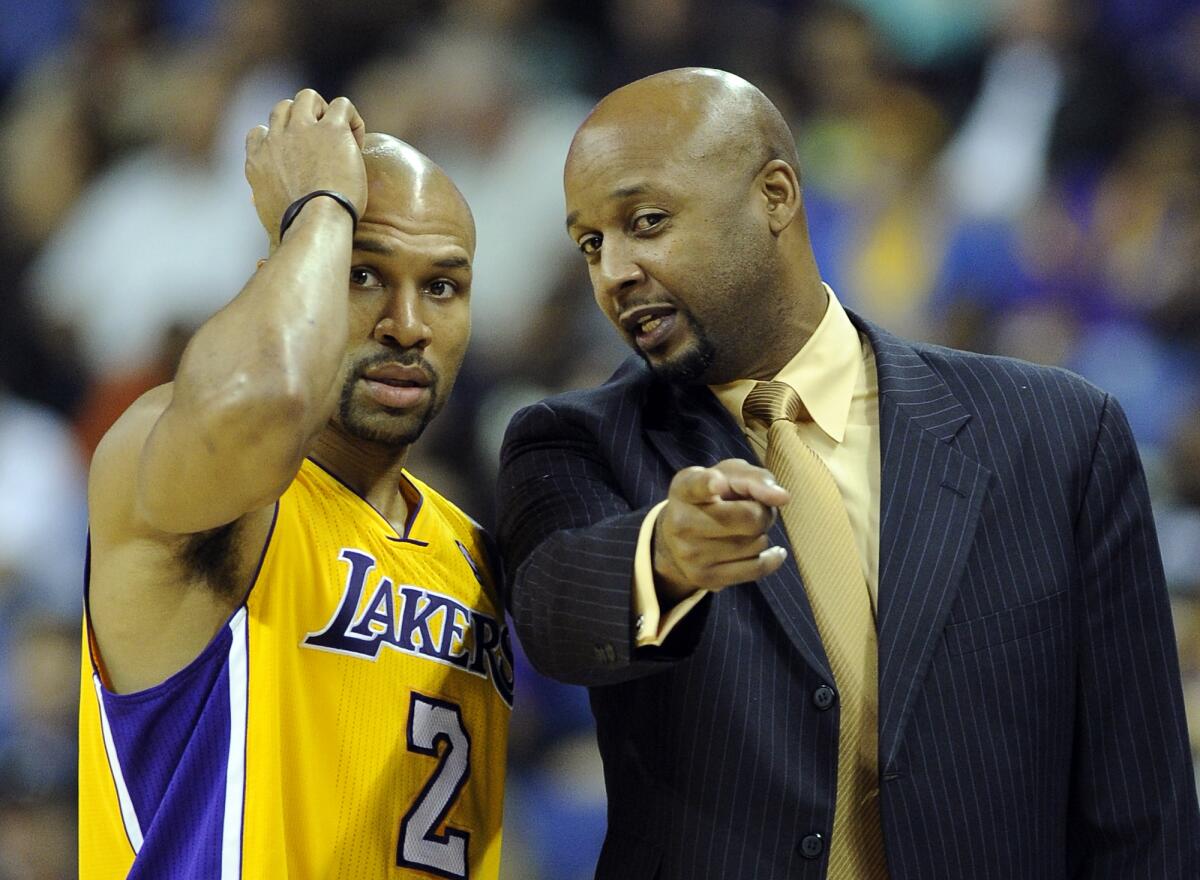
::
DEVEAN GEORGE
Lakers: 1999-2006
George and Bryant were two of the younger players during the Lakers’ championship run from 2000 to 2002, the two striking up a friendship.
“It’s been tough to deal with because I still haven’t been able to accept it. Like I still haven’t been able to say, ‘This is for real.’ And I can’t think of why. I guess everybody grieves different. But I just still can’t say it’s real. I don’t know, man. I look at stuff on my mantel and my trophy case and I’m like, ‘Is that real? Is that really real?’ It’s still tough.
“You know, not only did I play with him, but he was good to me, really good. I didn’t have them problems everybody had with him. He was speaking to me. He helped me get my money. When he was with Adidas, he was telling them to give me my money. When my contract was up, he was telling [then-Lakers general manager] Mitch Kupchak and them to ‘give him his money.’ Probably three days in a row he was going in there to work out and he was talking to them, ‘Get it right. Get it right.’ My agent was talking to them and said they got the numbers right. I signed the contract. This was all after my third year, going into my fourth year. He always had my back.
“And then there was just the teaching, showing me the game. But the story that everybody played with him knows is he wanted sometimes a workout dummy to stay after practice, cause he’s studying how the teams are going to play him. He’ll know, ‘OK, they played me this way.’ He’ll know he had a hard time with it so he’s going to work on it to counter it, because he knows when people watch film, they knew he had a problem when they were guarding him this way or that way. So, what he would do, he would put stuff in his game overnight. He’d put new things in his game in 20 minutes, which most people couldn’t do. He’d work on something after shootaround — we got a game tonight, but he’d tell me, ‘Play me this way. Don’t let me go here. Push me this way. Nope, do it better.’ He’d work on some crazy flip shot. At 7:30, he’s doing that as if he’s been practicing it for a month, and it’s in his game. Like, that was the craziest thing, ‘Wasn’t he just working on that today?’ No one can do that. That’s just God-given ability. I’ve never seen anybody able to do that ever. Ever!”
More to Read
All things Lakers, all the time.
Get all the Lakers news you need in Dan Woike's weekly newsletter.
You may occasionally receive promotional content from the Los Angeles Times.
